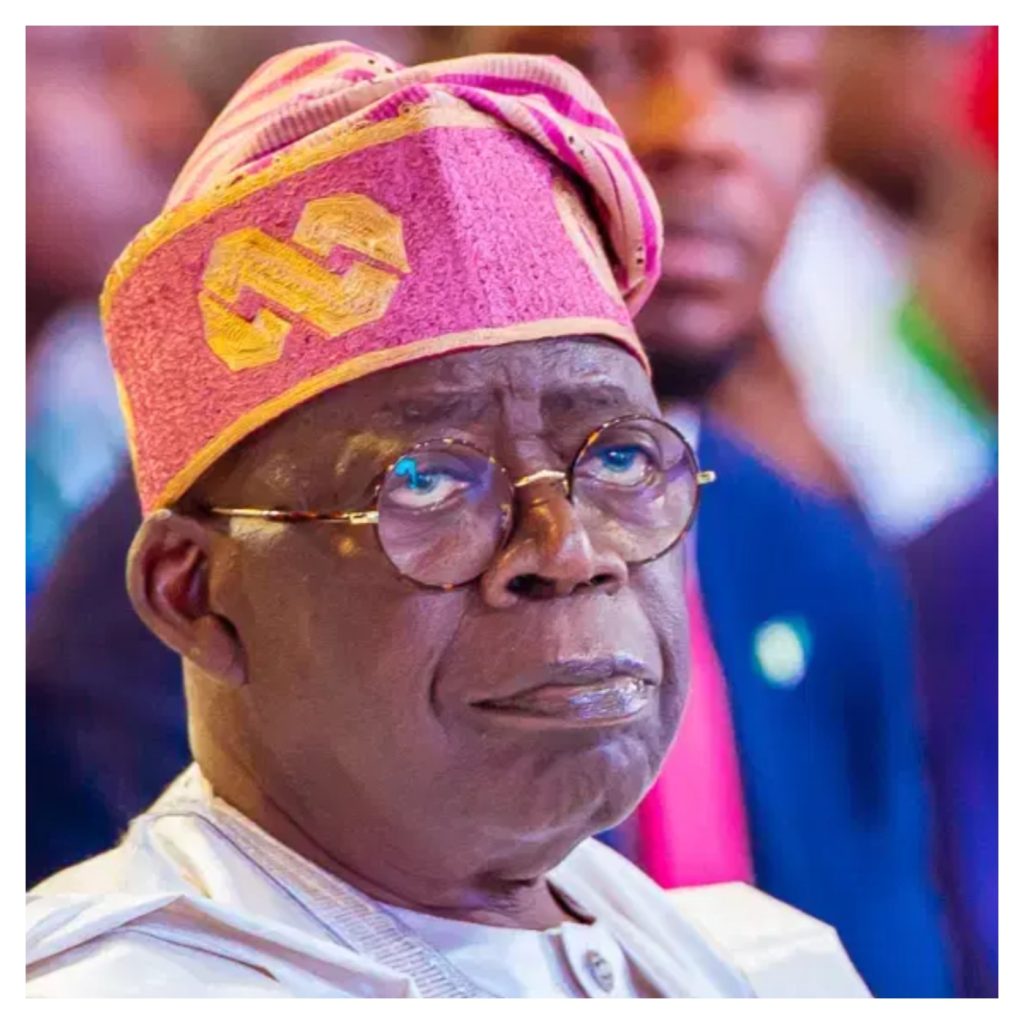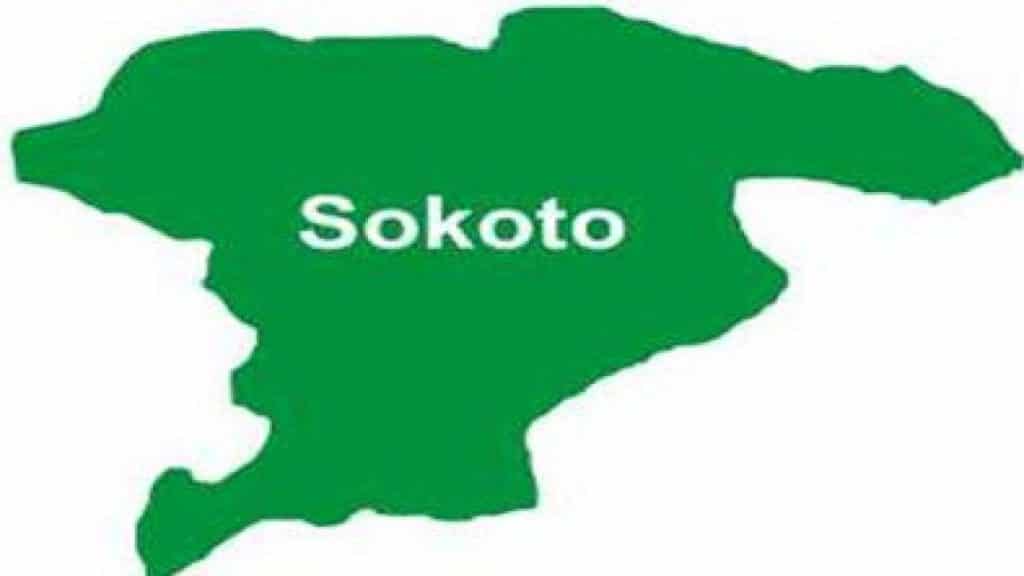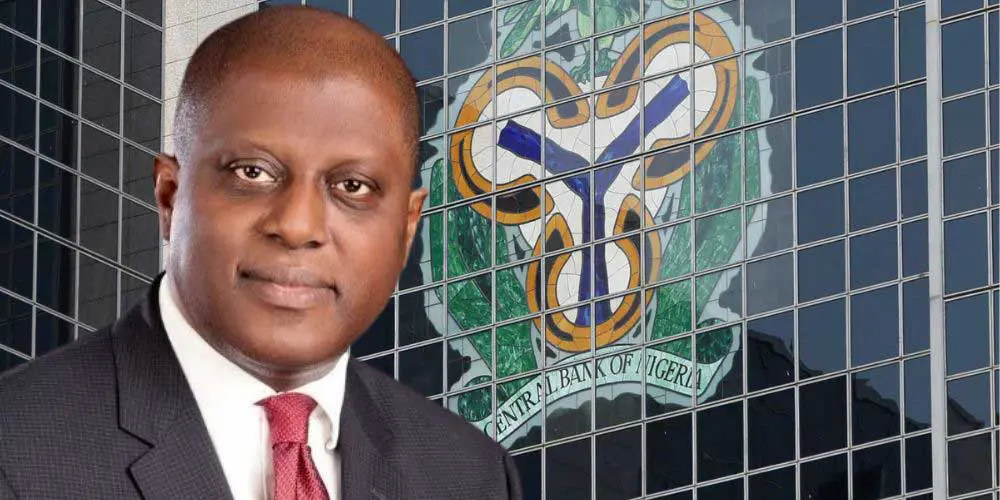Business
Price of Dangote’s fuel higher than other sources, we have to pity Nigerians – IPMAN
Published
6 months agoon
By
Ekwutos BlogPrice of Dangote’s fuel higher than other sources, we have to pity Nigerians – IPMAN
The Independent Petroleum Marketers Association of Nigeria, IPMAN, on Friday said that the price of fuel from Dangote Refinery, as of last week, was higher than the price of the product from other sources.
IPMAN said members must go where the price is lower and where they get profit, adding that they have to pity Nigerians.
Yakubu Suleiman, National Assistant Secretary of IPMAN, stated this on Friday while fielding questions on Arise Television’s Morning Show programme.
Suleiman argued that prices of petroleum products are determined by international pricing, insisting that Dangote is supposed to be disclosing the amount he’s going to sell his product.
He said: “Prices are determined by international pricing. Dangote is supposed to be saying like every day, ‘This is the price I’m going to sell this product’.
“But he cannot be able to do that unless he (Dangote) engages the stakeholders. And you cannot just say okay, we must only buy in his own depot.
“IPMAN cannot just sit down and say ‘We will tell our members, all of you go to Dangote Refinery and buy your product and load’. We cannot just do that. This is a deregulated system.
We have to source where products are much cheaper. Then we would inform our members to go and load product in any depot that the product is cheaper.
“If Dangote has a product and is selling N1000, let’s assume, and there are other places that are selling N900. We can’t just say because for the sake we are doing business with Dangote, ‘Okay go and do it’. It’s not profitable to us. We must go where the price is lower; where we get profit. That is it.”
Continuing, the IPMAN scribe added, “We are in a deregulated economy but Dangote is like trying to monopolize the whole issue. Fine. Let us know if there is monopoly in the whole system. But we believe that it’s now deregulation.
“Like last week, Dangote’s price is higher than other places. Because if you can go by the price, the international price, crude has already started coming down.
“If I could remember, as of last week, he gave N995 per litre, and you have to bring your cargo and load. How much will you pay the cargo? How much will be the other charges to your depot? And how much will go to the depot? And we expect independent marketers to go and sell it. Can we go and sell? Look at we have to pity Nigerians.”
You may like
Business
PIA: Support independent regulatory institutions in oil and gas sector – Group to Tinubu
Published
3 hours agoon
April 27, 2025By
Ekwutos Blog
The Nigeria Oil and Gas Integrity Forum has called on President Bola Tinubu to continue to support independent regulatory institutions like the Nigerian Upstream Petroleum Regulatory Commission, NUPRC, noting that Nigeria must build strong institutions and not strong individuals.
The forum in a press statement also urged stakeholders across the sector to work hand-in-hand with the Commission to consolidate the gains achieved so far.
President of the forum, Vivian Okorafor, while noting the critical and patriotic role of NUPRC in steering the successful implementation of the Petroleum Industry Act, PIA, said the law has become the nation’s saving grace in the oil and gas sector.
Okorafor claimed the PIA law would have meant little without the “visionary, competent and firm regulatory leadership” demonstrated by the NUPRC and its leadership.
“The PIA was a monumental achievement, but the real success story is what followed. Without the solid and transparent enforcement of the law by NUPRC, we would still be grappling with regulatory uncertainties, capital flight, and investor distrust. Today, because of strong leadership at the NUPRC, Nigeria’s upstream sector has regained the confidence of both local and international investors,” the statement reads.
“In the past, regulatory opacity drained our oil industry of investments. But NUPRC has reversed that trend. Transparent bid rounds, clear licensing processes, streamlined procedures — these have restored faith in Nigeria’s petroleum sector and placed us on a competitive global footing once again,” Okorafor said.
She also highlighted the Commission’s focus on promoting Nigerian content and encouraging indigenous companies, saying these steps were crucial for broad-based economic development.
“Technology is now being deployed smartly to plug leakages. Licensing, reporting, and monitoring are now largely digital, making it difficult for underhand dealings to thrive. This is part of the transformational thinking that the NUPRC leadership has brought into the regulatory ecosystem.” she added.
Okorafor noted that one of the most critical impacts of the PIA implementation has been the new fiscal regime that now makes Nigeria a more attractive destination for upstream investments compared to the pre-PIA era.
“Before the PIA and the new fiscal frameworks enforced by NUPRC, Nigeria was losing out to other African nations like Angola and Ghana,” she explained.
“We urge Mr President to shield institutions like the NUPRC from political interference. Nigeria must build strong institutions, not strong individuals. Komolafe and his team have shown what can happen when professionalism is allowed to lead. We must nurture and protect that.
“No law is perfect. No reform is ever completely painless. But with the firm handling of the PIA, Nigeria has a chance to write a new chapter in its oil and gas history — one marked by transparency, growth, and shared prosperity.”
Business
Fire outbreak destroys onions worth millions in Sokoto community
Published
10 hours agoon
April 27, 2025By
Ekwutos Blog
A fire outbreak has destroyed onions worth millions of naira in Gidan-idi Kwakwazo community, Goronyo Local Government Area of Sokoto State.
This is according to the National Emergency Management Agency (NEMA) in a post on ita official X handle.
The incident, which occurred around 9:00 am on Friday, gutted several local storage facilities and completely razed about 60 barns of onions.
“Fortunately, no lives were lost and no injuries were reported. The exact cause of the fire remains unknown at the time of assessment,” it added.
According to NEMA, the exact cause of the fire remains unknown as at the time of the assessment.
The disaster is a major setback for the residents of the community, where onion farming is the primary source of livelihood.
Affected farmers described the incident as a devastating blow to their means of survival.
Business
Tinubu’s reforms not easy, delivering results – Cardoso
Published
10 hours agoon
April 27, 2025By
Ekwutos Blog
The governor of the Central Bank of Nigeria has said the reforms implemented by President Bola Ahmed Tinubu’s government in the past eighteen months are not easy but are delivering results.
This is according to Cardoso’s excerpts released upon the closure of the 2025 IMF/World Bank Spring Meetings in Washington, D.C., in the US.
He explained that Nigeria’s delegation attended the meetings to showcase economic reforms under President Bola Tinubu’s administration.
“Thanks to the steps taken over the past 18 months, we have strengthened our monetary buffers and positioned Nigeria to better withstand external shocks,” Cardoso said.
“To all Nigerians: these reforms are not easy, but they are delivering results. We have moved from a position of vulnerability towards one of growing strength, and our economic trajectory is beginning to turn positive”, he added.
Ekwutosblog recalls The Tinubu government rolled out several policies, including liberalisation of the foreign exchange market and fuel subsidy removal in 2023.
Cardoso introduced FX code, the Electronic Foreign Exchange System (EFEMS), and recapitalization of the financial system, among other reforms.
While the reforms under Cardoso remain noteworthy, Nigeria’s inflation dropped to 23.18 percent in March, and the interest rate stood at 27.50 percent in February 2025 amidst the rising cost of living in Nigeria.

NDLEA raids Lagos hotel, recovers N1.042billion illicit drug consignments …Intercepts over 2million pills of tramadol in Kano, Jigawa; another Saudi-bound cocaine in body cream; arrests 3 Ghanaian ladies for cross border trafficking

Group calls for minister’s sack over alleged act of tribalism, economic sabotage

Suspected Boko Haram terrorists kill 10 vigilantes in Kwapre, Adamawa
Trending

 Trending6 months ago
Trending6 months agoNYA demands release of ‘abducted’ Imo chairman, preaches good governance
- Business6 months ago
US court acquits Air Peace boss, slams Mayfield $4000 fine

 Politics6 months ago
Politics6 months agoMexico’s new president causes concern just weeks before the US elections
- Entertainment6 months ago
Bobrisky transferred from Immigration to FCID, spends night behind bars
- Entertainment6 months ago
Bobrisky falls ill in police custody, rushed to hospital

 Politics6 months ago
Politics6 months agoRussia bans imports of agro-products from Kazakhstan after refusal to join BRICS

 Politics6 months ago
Politics6 months agoPutin invites 20 world leaders
- Politics1 year ago
Nigerian Senate passes Bill seeking the establishment of the South East Development Commission.

